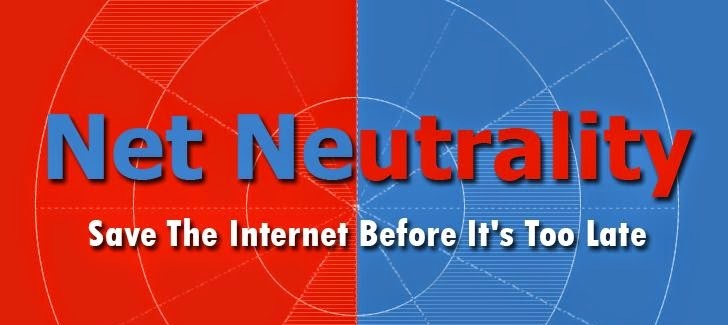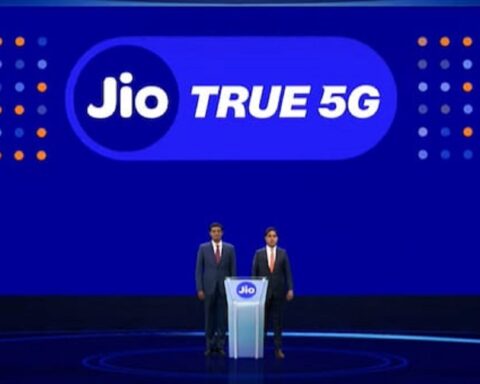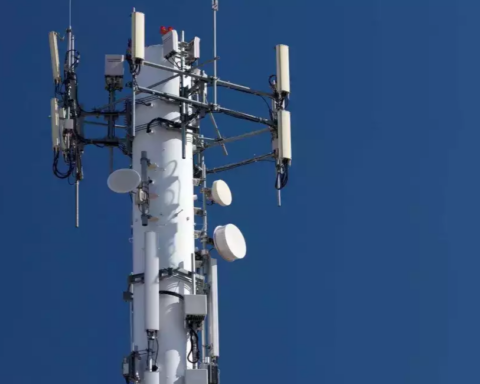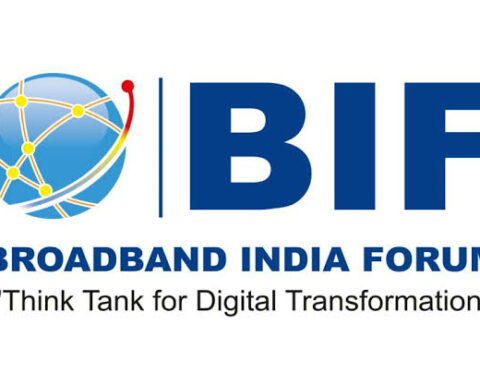A hackers group “AnonyOpsIndia” in a link of hours warn TRAI and soon took down the TRAI website with a DDoS attack.
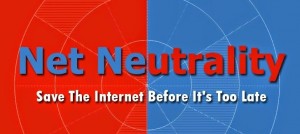
There were millions who signed up to send to TRAI what they thought was a simple sign up process and a place to expel their frustration about net neutrality. Sadly though everything turned turtle when TRAI as a “standard procedure” published the views, opinion and personal information about all those people online in order to keep things transparent.
TRAI ultimately recovered but however, commented that its website was down “due to technical glitches”.
However, many who joined the Save The Internet campaign, and thought that their details via the RFC (Request for Comments) would be kept private, seemed to have been misinform.
An RFC is serious business and in the case of a public session, as many online pointed out, comes with its own downsides; which is something that many failed to realise.
The data in such cases does go public, meaning that TRAI (or any other telecom operator) will make the personal data filled in by the commenter public in order to show that the comments are not fake.
definitely TRAI’s idea about transparency is a bit too straightforward. There are plenty of ways of putting up personal information online rather than making things public for everyone to see and use.
As of now we are pretty sure plenty of sneaky telemarketers have got their hands on the easily available personal data; and those who went to save the internet are becoming victims of the same.




